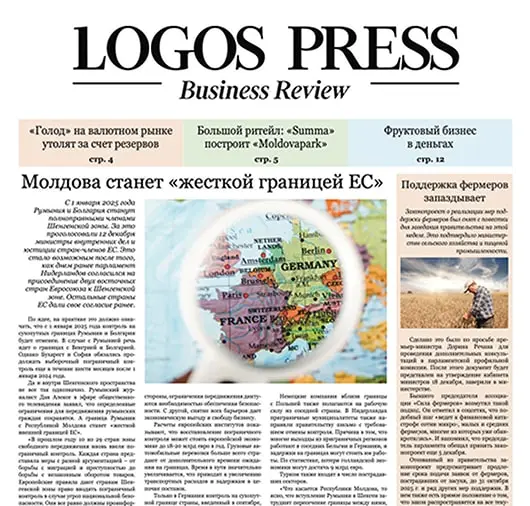Ангелина Таран
Articles
KVINT has rebranded with the help of a French company that works with the “Big Four” great cognac houses. The familiar logo in the form of a coat of arms and the slogan “Tradition and Excellence” are replaced by a new sign, made in a modern style, which is accompanied by the phrase Single Estate since 1897, which reflects the essence of this producer.
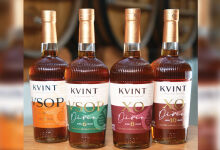
Moldova will have to negotiate with the EU at a new stage of its European path. A lot depends on how we will conduct them (to agree on everything or to defend our interests). In this regard, it makes sense to refer to the experience our country gained during the negotiations on accession to the World Trade Organization (WTO). It was the first rung of the ladder leading to our current pan-European prospects.

The three days of the 46th OIV World Congress were very densely filled with scientific papers in four commissions – “Oenology”, “Viticulture”, “Economics and Law”, “Health and Safety”. All of them were united by a common theme dedicated to shaping the future of wine. In total, the Congress program included more than 300 presentations.
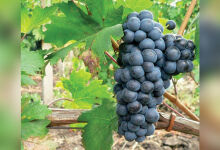
In 2024, the world’s vineyard plantations covered 7.1 million hectares, a year-on-year decrease of 0.6%. According to this indicator, grapes are the second fruit crop in the world. Grapes are grown in 94 countries, but just over half of the world’s crop is destined for winemaking.

According to the ranking of the largest bulk wine exporting countries for 2024, compiled by the American Association of Wine Economists (AAWE) based on UN Comtrade data, Moldova ranks 12th.

During the years of independence, medium-sized businesses appeared in Moldovan winemaking (some of them even became large ones). And in recent years, many small and micro-enterprises have been established, as a legal framework favorable for amateur winemakers to become professionals has been created. Among the clients of maib, the largest bank in the country, there are also plenty of them. Ion Vrabie, maib’s regional director and head of HUB Sud, tells us how they are dealt with.

The 46th World Congress of the International Organization of Vine and Wine (OIV), which is an intergovernmental structure, and the 23rd General Assembly of the OIV will be held in Chisinau from 16 to 20 June. It will be the first time that Moldova will host events of this level. 570 people from 46 countries have registered to participate in the Congress.
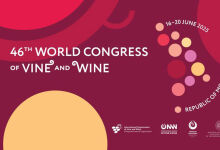
The wine.md company (it owns the wine library and tasting room of the same name), which has already organized two festivals – Wine Picnic and Vin de Autor – has created a new format of the wine festival – Wine Park. It was tested on May 30-31.

In January-April, Moldova exported $69.5 million worth of wine products, which is 3% less than in the same period last year. The decline could be explained by the general impact of the global economic crisis, but in this case it is not about our industry.

The wine sector is not only an important sector of the Moldovan economy, but also part of the national identity. Sergiu Munteanu, Director of Corporate Client Relations, tells us how maib builds sustainable partnerships with the country’s leading wineries, what solutions it offers to large businesses and why clients choose maib.

In Moldova, there are still places where wild grapes – Vitis vinifera Sylvestris – still grow. Within the framework of the project “7000 Years Under Wine”, an experimental wine was produced from it two years in a row.
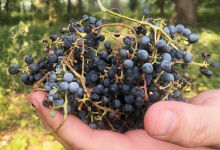
When the national wine brand “Wine of Moldova. A legend alive”, unfortunately, it did not have a declared legend behind it. Foreigners often asked: “What is this legend?”. There was no answer. Now there is one, because the territory of modern Moldova was in the center of Cucuteni-Tripolye culture, which belongs to the earliest civilizations of the Neolithic era. And there are archaeological artifacts confirming that the local inhabitants were familiar with grapes.

